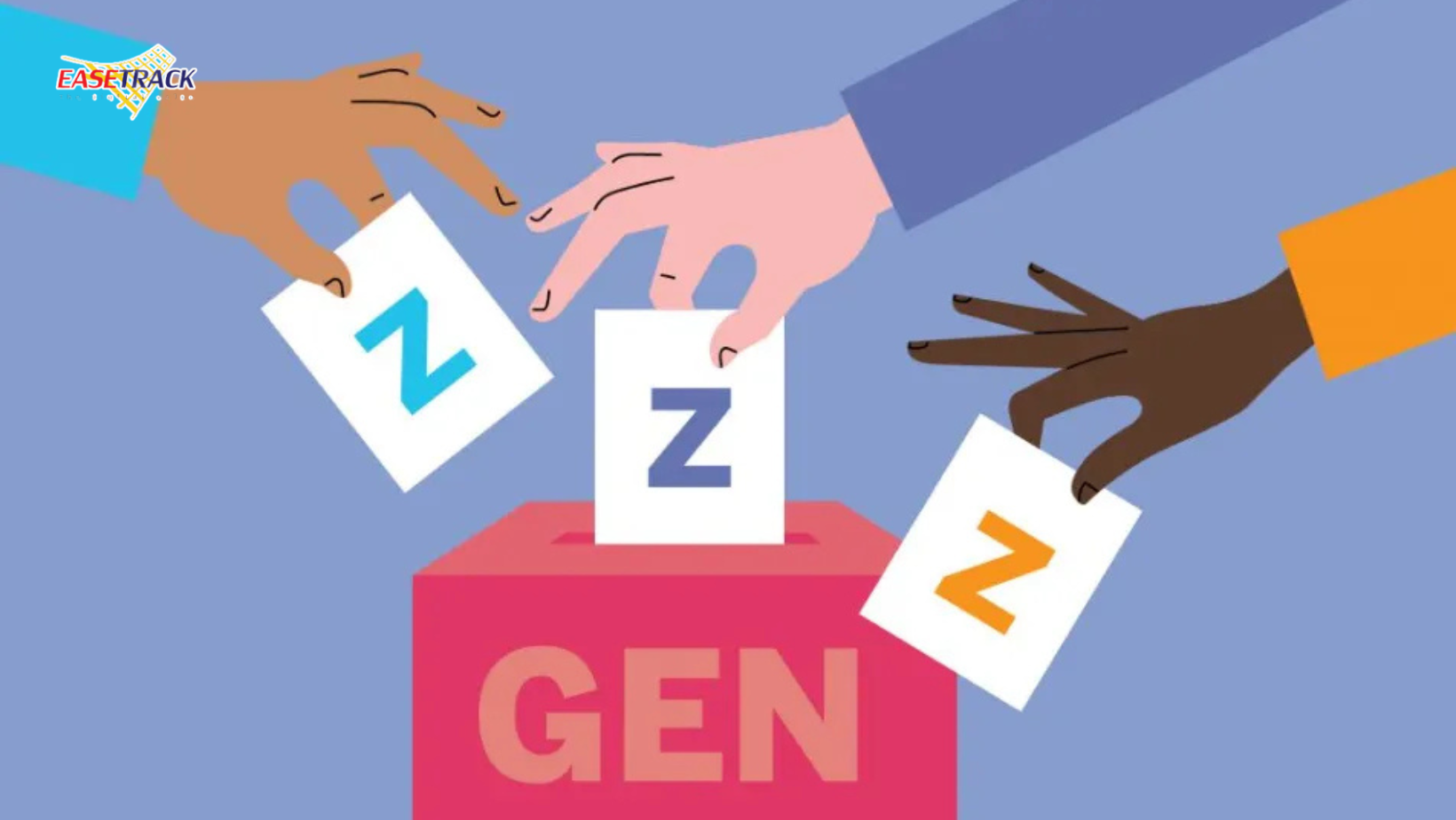
Generation Z: New Perspectives and Roles in the Modern Workplace
Generation Z, commonly known as Gen Z, includes those born between 1997 and 2012. This generation grew up in the digital age, surrounded by social media and constant connectivity. Their world is driven by rapid information flow and limitless communication. As Gen Z enters the workforce, they bring fresh perspectives and values that are reshaping workplace norms. Here’s a look at how Gen Z is influencing the modern workplace:
1. Technological Skills and Connectivity
Gen Z has been immersed in technology from a young age, making them highly adept with digital tools and quick to adapt to new technology. They are proficient with modern work tools, such as video conferencing, project management software, and remote work platforms. The constant connectivity also enables them to access information and networks easily, allowing for quick problem-solving and data retrieval.
2. Flexibility in Work
Gen Z places a high value on workplace flexibility compared to previous generations. They prefer work environments that don’t restrict them to the office but allow remote work. Additionally, they prioritize a balance between work and personal life. Gen Z believes that technology should enhance work efficiency and that traditional workplace structures aren’t necessary for success.
3. Desire for Growth and Advancement
Gen Z seeks fast career advancement and looks for companies that offer continuous learning and skill development, especially in technology, innovation, and personal growth. They are less likely to stay in a role for long if they don’t see opportunities for advancement, often exploring other options to create their own career path.
4. Embracing Diversity and Inclusion
A key characteristic of Gen Z is their acceptance and respect for cultural, gender, and ideological diversity. They seek workplaces that reflect these values, embracing diverse backgrounds as the norm. Additionally, Gen Z places high importance on organizational cultures that support equality and fairness.
5. Entrepreneurial Spirit and Innovation
Gen Z tends to be entrepreneurial and seeks opportunities to innovate, whether by creating solutions to improve processes or launching new ideas. Their adaptability and quick learning enable them to bring unique perspectives to businesses. Many Gen Z individuals have started their own businesses at a young age, showcasing a drive for entrepreneurship.
6. Expectation of Fast Response Times
Growing up in a fast-paced, technology-driven world, Gen Z expects rapid responses in the workplace, whether in emails, feedback, or performance evaluations. They often view delays in communication or decision-making as obstacles to productivity.
7. Commitment to Social and Environmental Values
Gen Z is highly aware of social and environmental issues, seeking employers that demonstrate responsibility in these areas. They want to work with companies that prioritize sustainability and participate in social causes. Organizations that value environmental protection and actively contribute to social issues can attract Gen Z talent effectively.
Conclusion
Gen Z is transforming workplace dynamics with perspectives and values that differ from previous generations. They prioritize technology for efficiency, value workplace flexibility, and seek rapid career growth. At the same time, they value inclusive cultures and support sustainable development. By understanding and adapting to Gen Z’s unique viewpoints, businesses and organizations can effectively attract and retain this generation of emerging talent.
